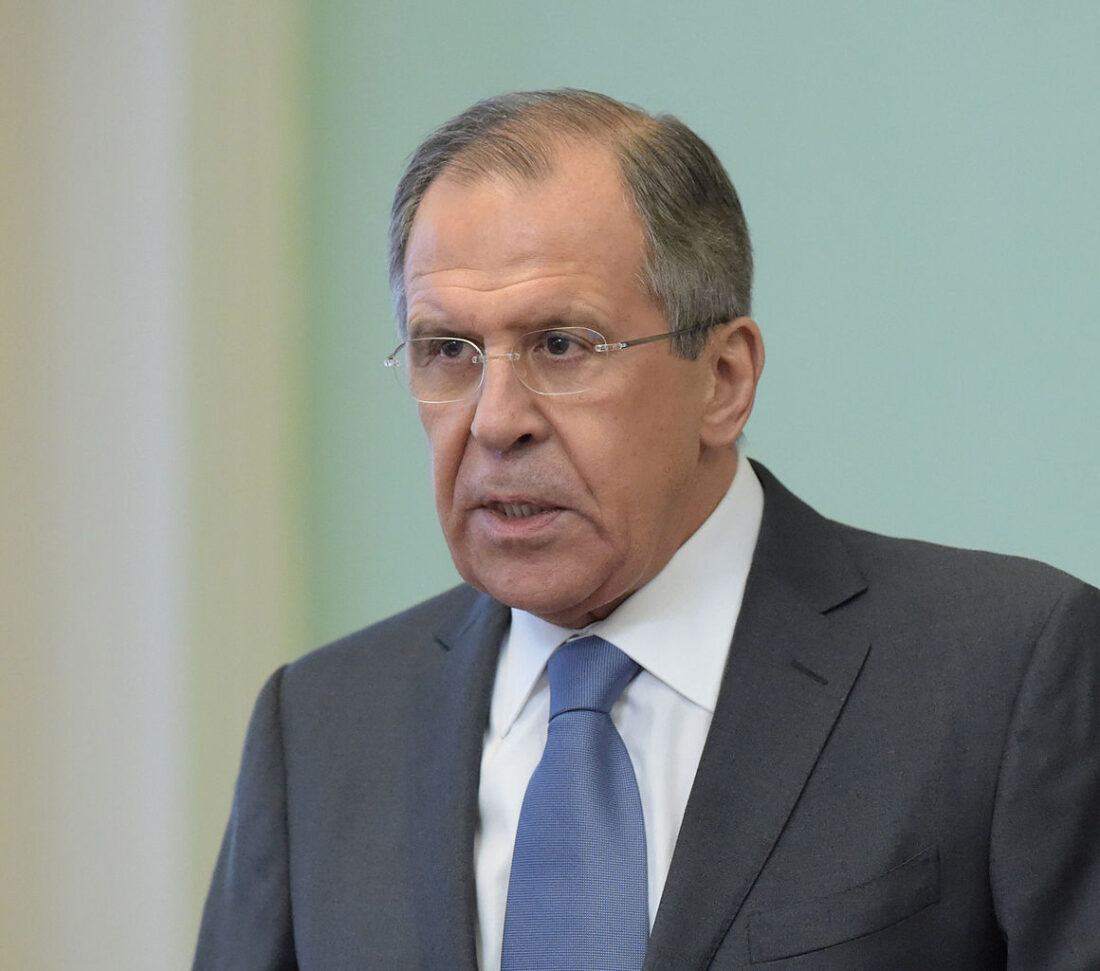Russian Foreign Minister Sergey Lavrov offered Israel some unsolicited advice recently. Criticizing Israel for having bombed Iranian military sites in Syria, which pose a threat to Israel’s security, he proposed that Russia should take care of this vexing problem.
As he put it at a press conference in Moscow, “If Israel is really forced to respond to threats to (its) security coming from Syrian territory, we have told our Israeli colleagues many times: if you see such threats please give us the information.”
And he added, “So, our dear Israeli colleagues, if you have facts that your state is facing threats from Syrian territory, report the facts urgently and we will take every measure to neutralize the threat.”
Lavrov issued these comments shortly after the Israeli Air Force carried out its biggest preemptive raids in Syria is several years, striking some 50 Iranian and pro-Iranian Shi’a bases in the eastern part of the country, 500 kilometres from Israel. These attacks left more than 50 fatalities.
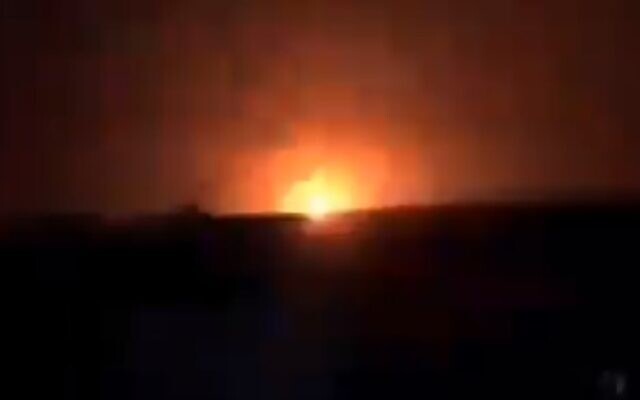
If Lavrov is so concerned about these raids, he and his boss, President Vladimir Putin, should inform Assad in no uncertain terms that he has only himself to blame. Iranian bases in Syrian are a threat to Israel, and Israel has every right to keep the Iranians and their allies at bay.
Russia has immense influence in Syria and should use its clout to ensure that Iran is not abusing its position in Syria to threaten Israel. Russia knows exactly what it must do to neutralize Iran’s malign activities in Syria. Lavrov or Putin should inform Iranian President Hassan Rouhani that Iran should concentrate its energies on fighting Syrian rebels rather than threatening Israel. Better still, they should advise Iran to pull its forces out of Syria.
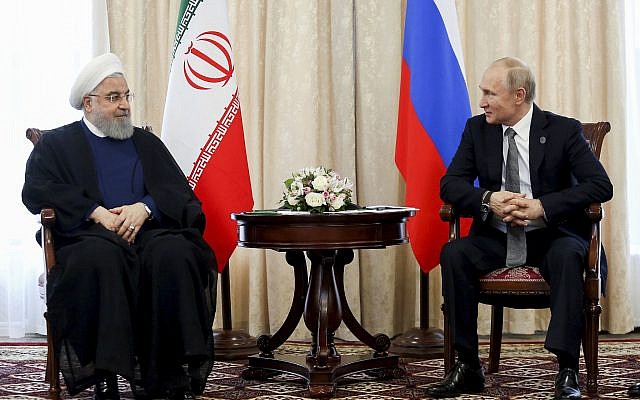
Contrary to Lavrov’s suggestion, Israel is most certainly under no obligation to share vital intelligence with Russia to counter Iran’s threats.
Stability will return to this particular corner of the Middle East when Iran, Hezbollah and Shi’a militias withdraw from Syria. Once Syria is fully stabilized, Russia can then use its good offices to encourage the Israeli and Syrian governments to sign a just and lasting peace agreement.
This could be Russia’s great contribution to stability in the region.
Israel has been striking Syria — Russia’s close ally and Israel’s longtime enemy — on a regular basis ever since Iran — Israel’s arch enemy — began entrenching itself militarily on the Syrian side of the Golan Heights and beyond.
Ever since the outbreak of the civil war in Syria almost a decade ago, President Bashar al-Assad has given Iran and pro-Iranian Shi’a militias virtual free rein to build bases on Syrian territory close to Israel.
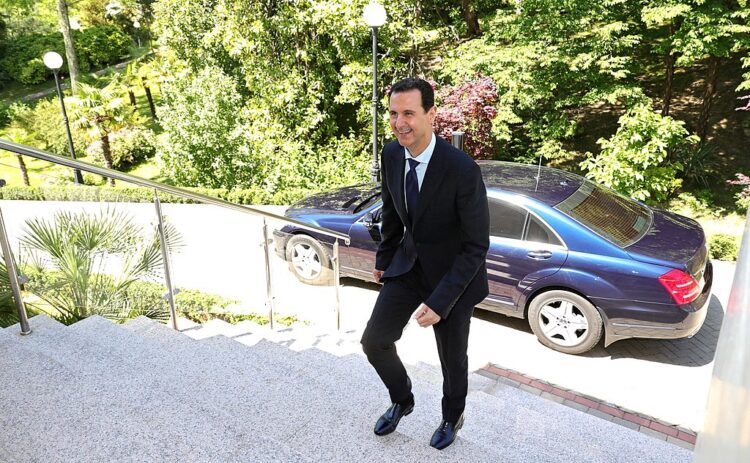
Posing a clear and present threat to Israel, they have been struck hundreds of times by the Israeli Air Force over the past few years. Last year, Israel launched 39 strikes in Syria, according to the Associated Press.
Israel, having maintained a deconfliction agreement with Moscow since Russia’s buildup of forces in Syria in 2015, has been very careful to avoid altercations with the Russians. But in 2018, a Russian reconnaissance aircraft with all hands aboard was accidentally shot down by Syrian missiles during an Israeli bombing raid in Syria.
Russia has watched these developments with a mixture of concern and alarm and has periodically warned Israel to end its raids. Russia’s short-term objective is to help the Syrian regime regain all its territory from rebels and stabilize and rebuild Syria once the civil war comes to a close.
Iran is also helping Syria in its battle against the rebels. Iran, however, is destabilizing Syria by virtue of its aggressive military entrenchment program, which is aimed directly at Israel.
Last November, no to avail, Israel warned Syria to halt its cooperation with Iran and Hezbollah. And following several incidents in which improvised explosive devices were planted on Israel’s side of the Golan, the Israeli ambassador to the United Nations, Gilad Erdan, demanded that the Security Council take action against Iran’s entrenchment efforts.
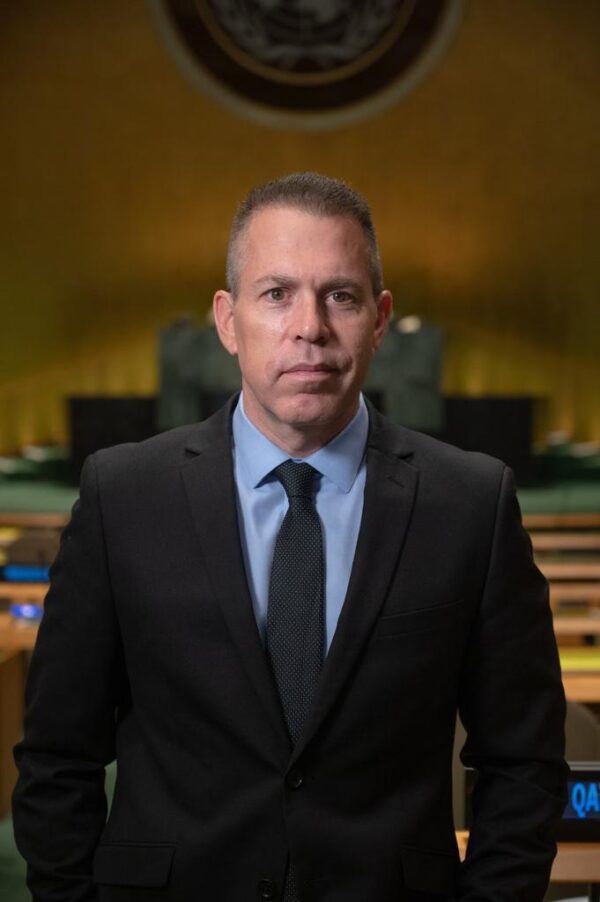
Iran and Syria have archly ignored Israel’s warnings. It is time for Russia to step in and take a bold stand on this pressing issue.
